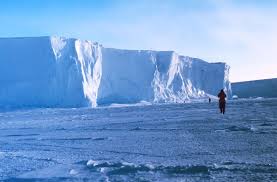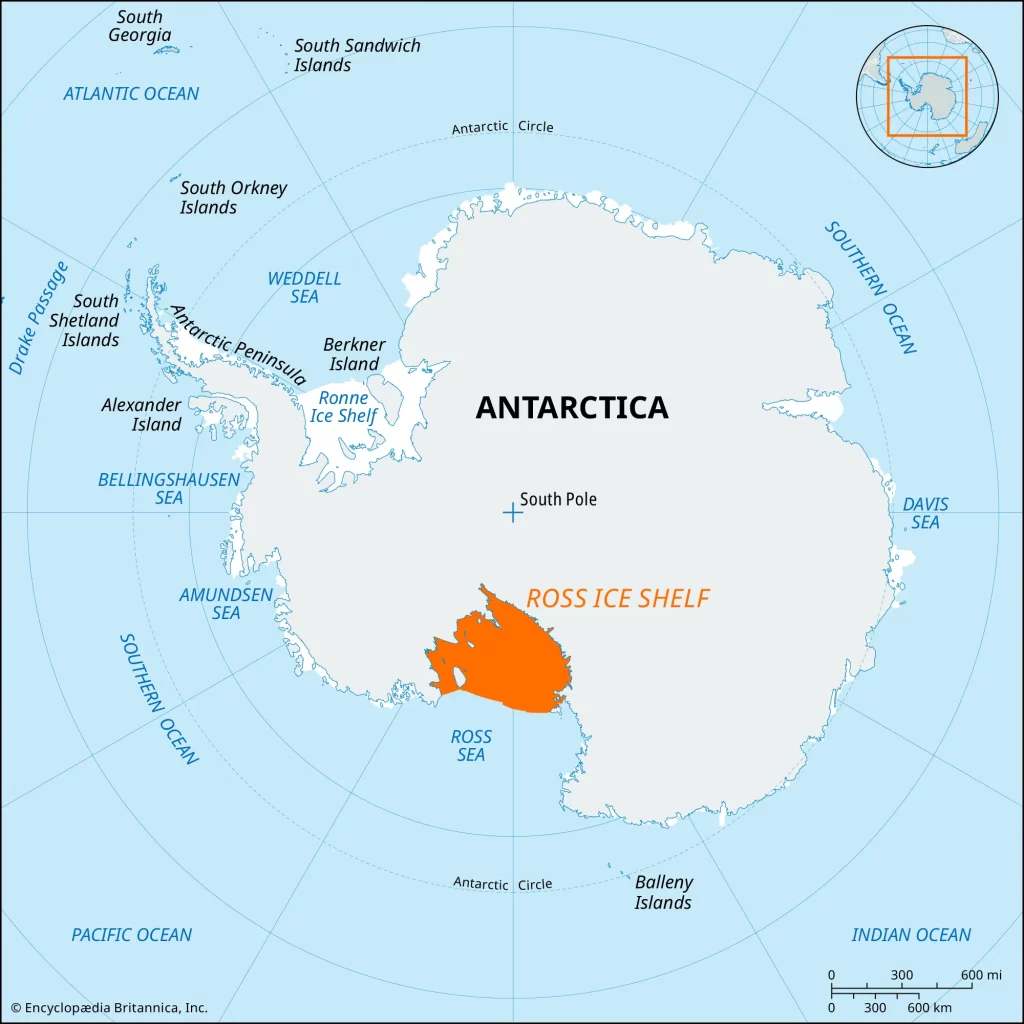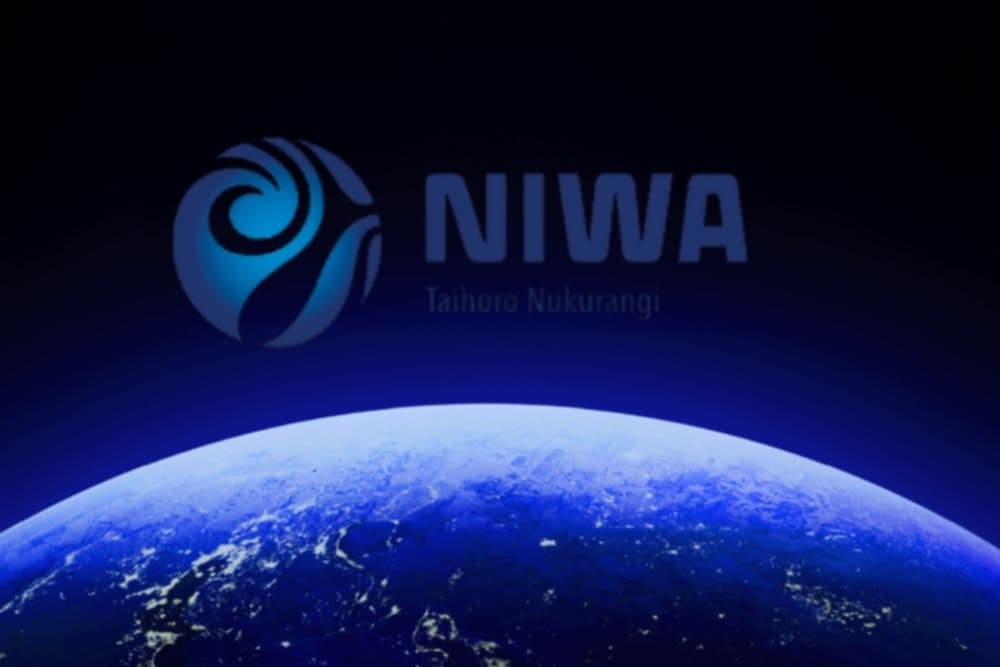By Mike Bain – The Daily Examiner.
The findings of groundbreaking research hold significant implications for both our understanding of climate change and its potential impact on New Zealand.
A team from Te Whare Wānanga Waitaha | University of Canterbury (UC), led by Dr. Daniel Price, spent five summer seasons between 2015 and 2020 conducting detailed radar measurements across the Ross Ice Shelf in Antarctica—an area spanning an immense 1,000 kilometers.

Their work focused on monitoring changes in ice thickness and basal melt, which is melting that occurs at the base of a glacier or ice shelf. By doing this, they’ve established a precise baseline that will help predict future climate trends.
As Dr. Price explains, their ground-based radar detected even the smallest changes in ice thickness over time, revealing where and how warm water is causing melting at the base of the ice shelf.
The research uncovered that the rates of basal melting vary across the Ross Ice Shelf, and warm water has been found to penetrate as far as 150–170 kilometers beneath its front.
This is the first clear understanding of how deeply a warming Southern Ocean is affecting the ice shelf, which could become increasingly vulnerable as temperatures rise.
By contributing to improved ocean and ice sheet models, these findings will enhance predictions for sea-level rise and support global efforts to understand climate-driven changes in polar regions.
For New Zealand, a country closely linked to the Pacific Ocean and Antarctic ecosystems, this research is critical.
Changes in the Ross Ice Shelf’s stability could significantly influence global sea levels, with direct implications for New Zealand’s coastal communities and marine environments.
Dr. Price emphasizes that these results are just one piece of a larger puzzle in understanding the intricate systems at play in our changing climate.

For now, the Ross Ice Shelf remains stable, but the research underscores how rapidly significant changes could occur in the future if global warming continues unchecked.
This study was only possible thanks to logistical support from Antarctica New Zealand, which provided the means to traverse this challenging environment.
Their collaboration highlights the importance of teamwork in addressing the world’s most pressing environmental challenges.







